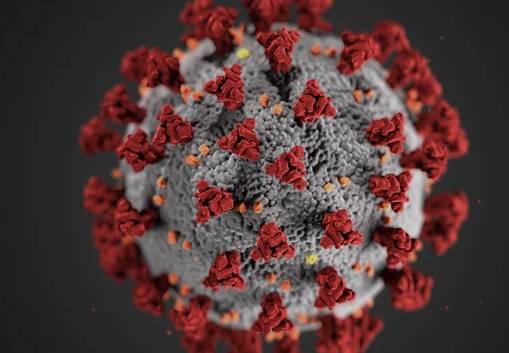The COVID-19 pandemic, caused by the novel coronavirus SARS-CoV-2, has had a significant impact on the world since its emergence in late 2019. The virus originated in Wuhan, China, and quickly spread to other countries, leading to a global health crisis that has affected millions of people and resulted in countless deaths. As scientists and healthcare professionals continue to study and understand the virus, its effects, and potential treatments, the impact of COVID-19 on societies and economies cannot be underestimated.
One of the primary characteristics of COVID-19 is its high rate of transmission. The virus is easily spread through respiratory droplets when an infected person coughs, sneezes, or talks. This makes it highly contagious, with the potential for rapid community spread. As a result, governments and health organizations around the world have implemented various measures to slow the spread of the virus, such as social distancing, mask-wearing, and quarantine protocols. These measures have had varying degrees of success in different regions, but have ultimately played a crucial role in preventing overwhelmed healthcare systems and controlling the spread of the virus.
The symptoms of COVID-19 can range from mild to severe, with some individuals experiencing no symptoms at all. Common symptoms include fever, cough, shortness of breath, fatigue, and loss of taste or smell. In severe cases, the virus can lead to pneumonia, acute respiratory distress syndrome (ARDS), organ failure, and death. Those at higher risk for severe illness include older adults, individuals with underlying health conditions, and frontline healthcare workers who are more likely to be exposed to the virus.
In addition to the direct health impact of the virus, COVID-19 has also had far-reaching effects on economies and societies. Lockdowns, travel restrictions, and business closures have resulted in job losses, economic downturns, and financial hardships for many individuals and families. Small businesses have been particularly hard-hit, with many forced to close permanently due to the economic fallout of the pandemic. Governments have implemented various stimulus packages to support individuals and businesses through this difficult time, but the long-term economic consequences of the pandemic remain unclear.
The pandemic has also highlighted existing social and health disparities, with marginalized communities disproportionately affected by COVID-19. Black, Indigenous, and people of color (BIPOC) communities, as well as low-income individuals, have experienced higher rates of infection and death due to a variety of factors, including systemic racism, lack of access to healthcare, and higher rates of underlying health conditions. Addressing these disparities and ensuring equitable access to testing, treatment, and vaccines is essential in the fight against COVID-19.
As the world continues to grapple with the ongoing pandemic, the development and distribution of vaccines have emerged as a critical tool in controlling the spread of the virus. Several COVID-19 vaccines have been approved for emergency use and are being distributed globally, with the aim of achieving herd immunity and ending the pandemic. Vaccination efforts have faced challenges, including vaccine hesitancy, supply chain issues, and inequitable distribution, but progress is being made in immunizing populations and reducing the impact of the virus.
While the rollout of vaccines offers hope for the future, the fight against COVID-19 is far from over. Variants of the virus, such as the Delta variant, have emerged and are causing concern due to their increased transmissibility and potential to evade immunity. Continued vigilance, public health measures, and ongoing research are needed to monitor and respond to the evolving nature of the virus. In addition, global cooperation and coordination are essential in addressing the pandemic and ensuring that all countries have access to vaccines and resources to combat COVID-19.
In conclusion, the COVID-19 pandemic has had a profound impact on the world, affecting health, economies, and societies in unprecedented ways. While progress has been made in controlling the spread of the virus and developing vaccines, the global community must remain vigilant and work together to overcome the challenges posed by COVID-19. By continuing to prioritize public health, equity, and cooperation, we can navigate through this crisis and emerge stronger and more resilient in the face of future challenges.



No comments yet
Be the first to share your thoughts!